Optimal Timing for Chimney Masonry Projects
Chimney masonries require specific timing considerations to ensure optimal results and durability. The best time to undertake chimney masonry projects typically depends on weather conditions, temperature, and humidity levels. Proper planning can prevent issues such as mortar freezing or excessive moisture retention, which can compromise the integrity of the masonry work.
Spring and early fall are generally optimal for chimney masonry due to moderate temperatures and lower humidity, reducing the risk of mortar freezing or curing improperly.
Masonry work should be scheduled when temperatures are consistently above freezing, ideally between 40°F and 85°F, to ensure proper mortar setting and curing.
Avoiding work during rainy or extremely humid periods prevents moisture from weakening the mortar and ensures longevity of the chimney structure.
In colder climates, scheduling masonry before the onset of winter allows sufficient curing time and reduces the risk of freeze-thaw damage.
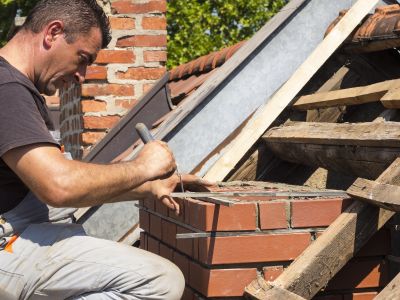
Spring offers moderate temperatures ideal for masonry projects, reducing the risk of mortar issues.
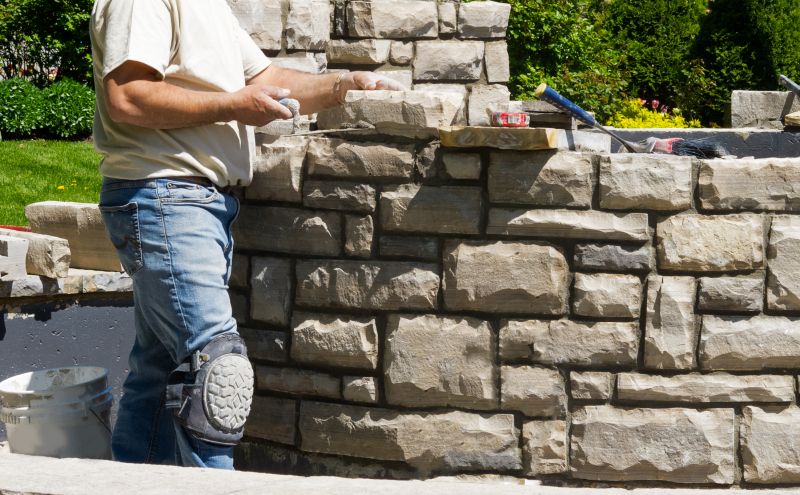
Summer requires scheduling during cooler hours to prevent rapid mortar drying.
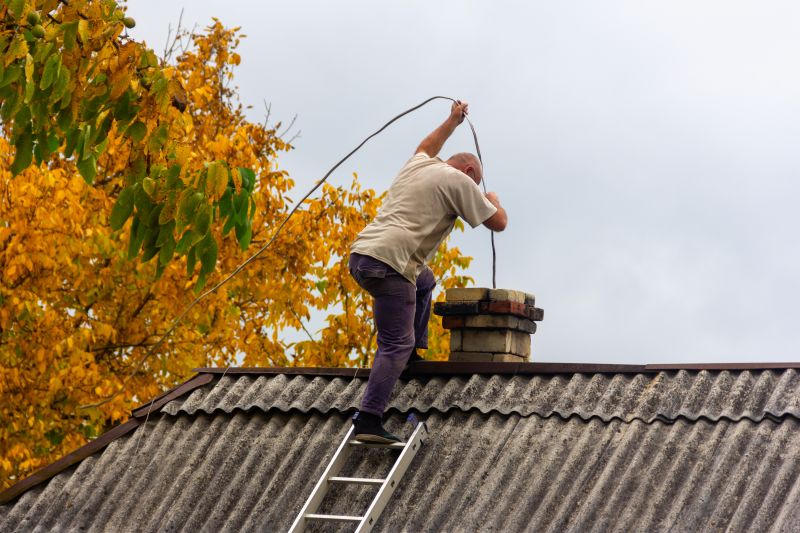
Early fall provides optimal conditions for durable chimney construction before winter.
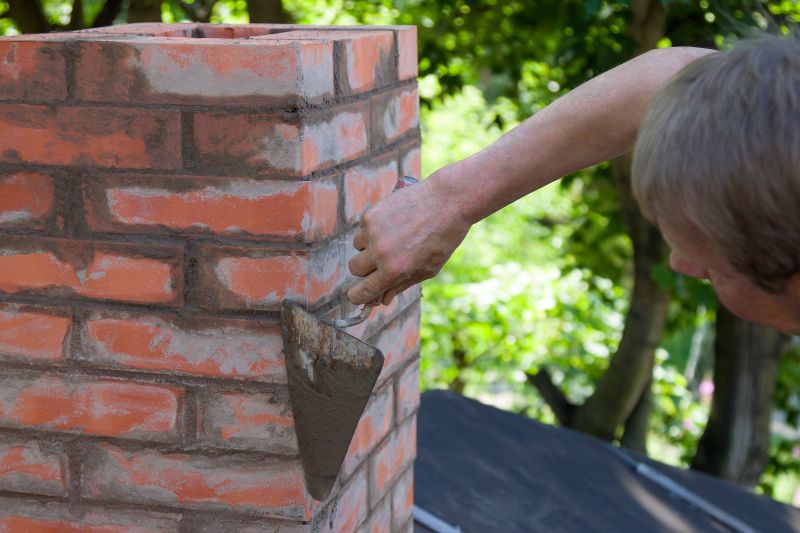
Ways to make Chimney Masonries work in tight or awkward layouts.
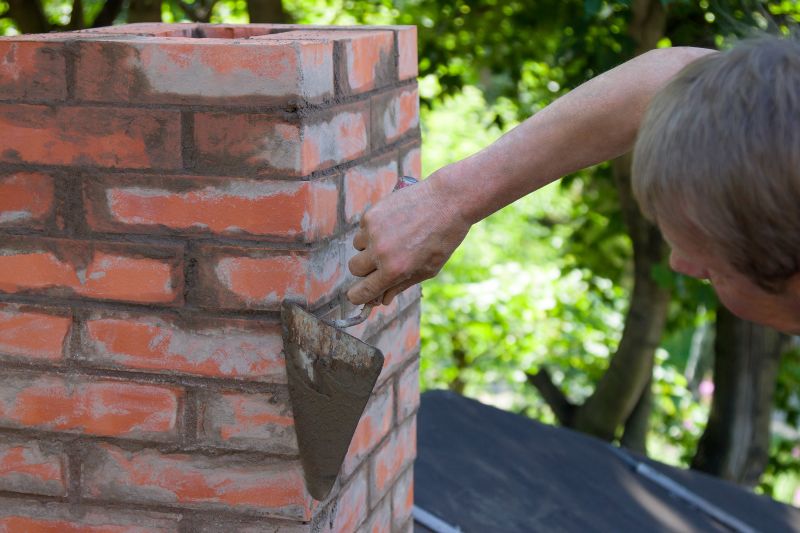
Popular materials for Chimney Masonries and why they hold up over time.
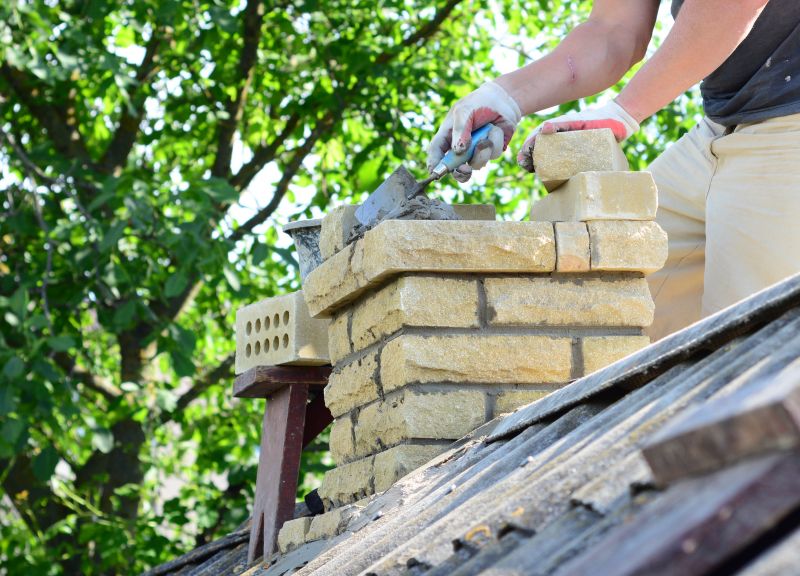
Simple add-ons that improve Chimney Masonries without blowing the budget.
| Season | Recommended Conditions |
|---|---|
| Spring | Moderate temperatures, low humidity, minimal rain |
| Summer | Warm temperatures, schedule during cooler parts of the day |
| Fall | Ideal for construction, before cold weather sets in |
| Winter | Not recommended due to freezing temperatures and moisture risks |
Chimney masonries involve the construction and repair of chimneys using durable materials such as brick, stone, and mortar. Proper timing ensures that the materials cure correctly, preventing future issues like cracking, spalling, or structural failure. Advances in masonry techniques and materials have improved the longevity of chimney structures, making timing and weather considerations crucial for long-term performance.
Statistics indicate that properly timed masonry work can extend the lifespan of a chimney by several decades. For example, mortar joints that cure under optimal conditions are less prone to deterioration, reducing maintenance costs over time. Masonry projects performed during favorable weather conditions also tend to have fewer repairs and better aesthetic outcomes.

Properly timed work ensures durable and visually appealing results.
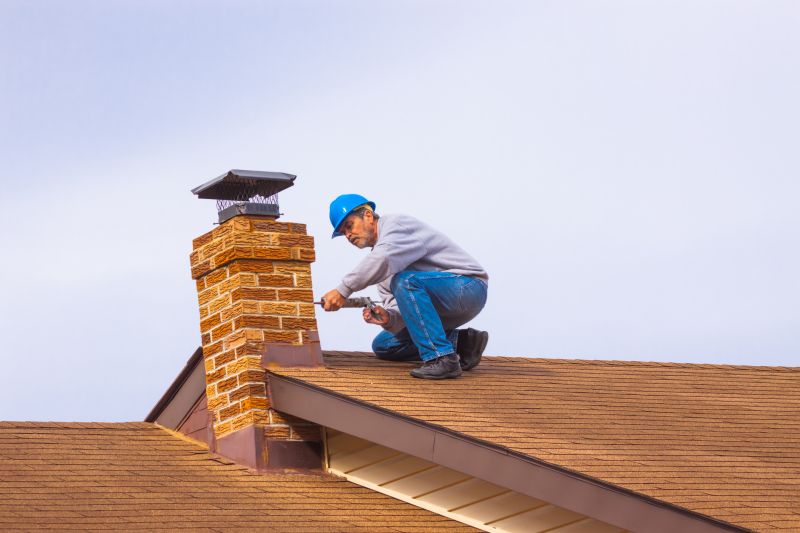
High-quality materials and timing contribute to longevity.

Optimal conditions prevent mortar cracking and water intrusion.
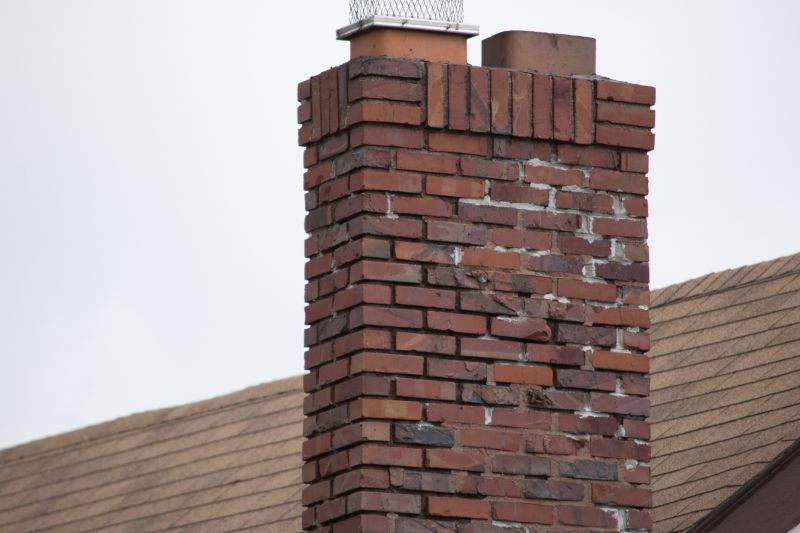
Proper timing results in a resilient chimney that withstands weather.
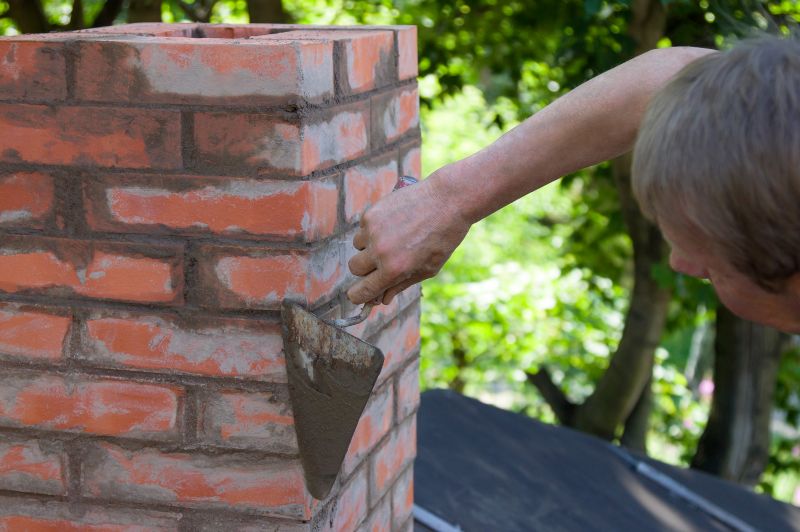
High-end options that actually feel worth it for Chimney Masonries.
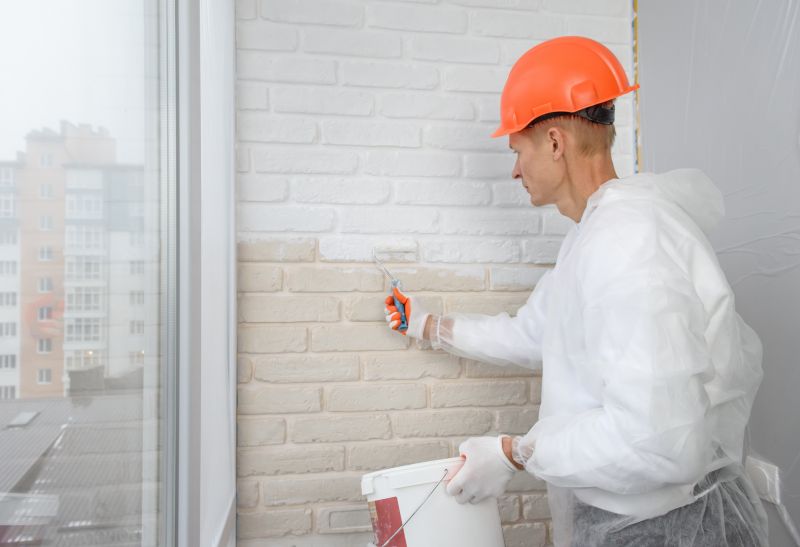
Finishes and colors that play nicely with Chimney Masonries.
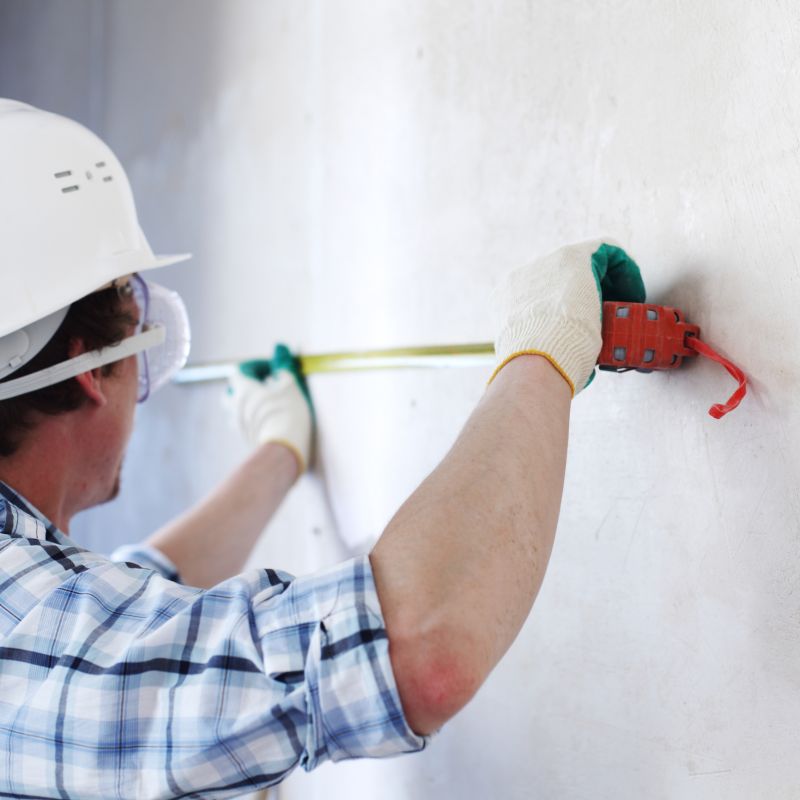
Little measurements that prevent headaches on Chimney Masonries day.
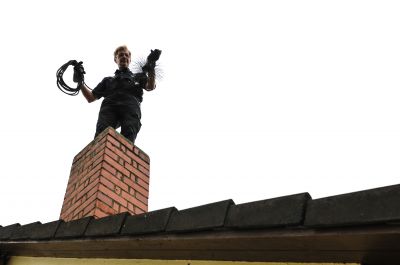
A 60-second routine that keeps Chimney Masonries looking new.
Individuals interested in chimney masonry services are encouraged to contact professionals during the appropriate seasons for optimal results. Proper scheduling ensures the longevity and safety of chimney structures, making timely planning essential for durability and performance.



